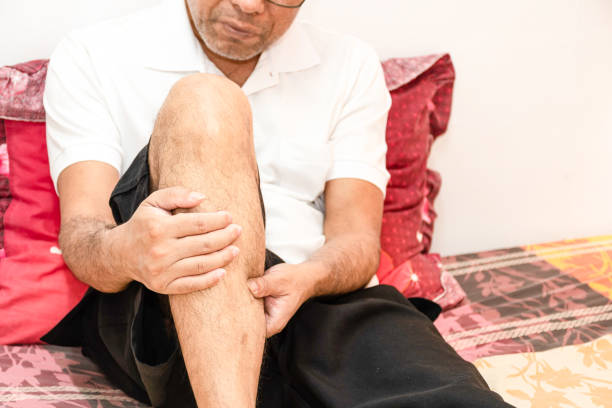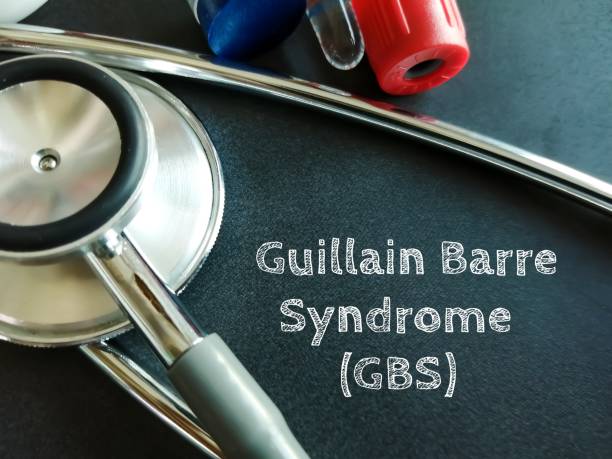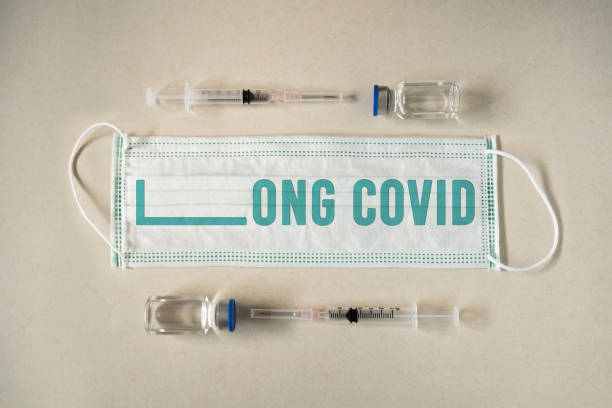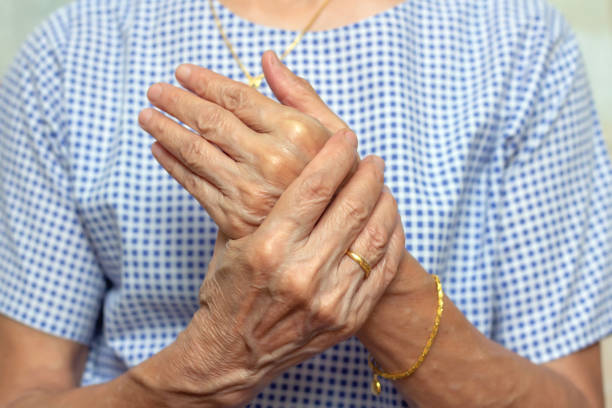Over the years, researchers have attempted to identify common Guillain-Barré triggers with a view to find a solution to this rare but serious autoimmune disorder. With the body’s immune system attacking the peripheral nerves, symptoms can be catastrophic, even resulting in paralysis or death. While the exact cause of GBS have not been identified yet, there are several common triggers that could result in a cluster or surge of GBS cases. This article explores the most well-established triggers of GBS and their potential impact on the immune system.
1. Guillain-Barré Triggers – Infections
Many cases of GBS occur following an infection, as the immune system’s response to pathogens can mistakenly target nerve cells.
Campylobacter jejuni Infection
- The most commonly associated bacterial trigger of GBS is Campylobacter jejuni, a bacterium responsible for foodborne illness (Willison et al., 2023).
- Studies show that up to 40% of GBS cases are linked to C. jejuni infections (National Institute of Neurological Disorders and Stroke [NINDS], 2024).
Influenza and Other Respiratory Infections
- Influenza, as well as other viral respiratory infections, have been linked to an increased risk of GBS (Centers for Disease Control and Prevention [CDC], 2024).
- Some cases follow Epstein-Barr virus (EBV), cytomegalovirus (CMV), and varicella-zoster virus (VZV) infections (van den Berg et al., 2022).
SARS-CoV-2 (COVID-19)
- Emerging studies suggest a possible association between COVID-19 and GBS, likely due to immune system dysregulation caused by the virus (Keddie et al., 2023).
- While the link is still being researched, multiple case reports indicate that some patients develop GBS within weeks of a COVID-19 infection (WHO, 2024).
2. Vaccinations
- Vaccines are a rare but documented trigger of GBS. The most well-known historical case was the 1976 swine flu vaccine, which slightly increased the risk of GBS (CDC, 2024).
- Influenza vaccines may carry a small risk of GBS, but studies indicate that the flu itself poses a greater risk of triggering the condition than the vaccine (WHO, 2024).
- Some research has explored the potential link between COVID-19 vaccines and GBS, though findings remain inconclusive (Zhao et al., 2023).
3. Surgery and Medical Procedures As Guillain-Barré Triggers
- Some studies suggest that surgical procedures, including spinal surgery and organ transplants, can act as a trigger for GBS, possibly due to immune system activation (Willison et al., 2023).
- Cases have also been reported following blood transfusions and other major medical interventions.
4. Autoimmune and Chronic Conditions
- People with pre-existing autoimmune disorders, such as lupus or inflammatory bowel disease (IBD), may have a higher susceptibility to immune-mediated conditions like GBS (van den Berg et al., 2022).
- Certain metabolic conditions, such as diabetes, have also been associated with increased GBS risk.
5. Environmental and Genetic Factors
- Some researchers speculate that exposure to environmental toxins, such as heavy metals and pesticides, may contribute to immune system dysfunction leading to GBS (Zhao et al., 2023).
- A genetic predisposition may also play a role, as certain individuals may have a heightened immune response to infections or other triggers.
In summary, while the condition itself remains rare, understanding the common Guillain-Barré triggers can help in early recognition and prevention. Infections, vaccinations, surgeries, and certain chronic conditions have all been associated with increased GBS risk. Continued research is essential to fully understand the mechanisms behind GBS and to develop strategies for minimizing its occurrence.
References
Centers for Disease Control and Prevention. (2024). Guillain-Barré syndrome and vaccines. U.S. Department of Health & Human Services. https://www.cdc.gov/vaccinesafety/concerns/guillain-barre.html
Keddie, S., Pakpoor, J., & Lunn, M. P. (2023). Neurological complications of COVID-19: Guillain-Barré syndrome and beyond. The Lancet Neurology, 22(5), 401-412. https://doi.org/10.1016/S1474-4422(23)00104-6
National Institute of Neurological Disorders and Stroke. (2024). Guillain-Barré syndrome fact sheet. National Institutes of Health. https://www.ninds.nih.gov/gbsyndrome
van den Berg, B., Walgaard, C., Drenthen, J., Fokke, C., Jacobs, B. C., & van Doorn, P. A. (2022). Guillain-Barré syndrome: Pathogenesis, diagnosis, and treatment. The Lancet Neurology, 21(1), 108-118. https://doi.org/10.1016/S1474-4422(21)00334-3
Willison, H. J., Jacobs, B. C., & van Doorn, P. A. (2023). Guillain-Barré syndrome. New England Journal of Medicine, 389(15), 1430-1442. https://doi.org/10.1056/NEJMra2301305
World Health Organization. (2024). Guillain-Barré syndrome: Frequently asked questions. https://www.who.int/news-room/questions-and-answers/item/guillain-barré-syndrome
Zhao, C., Zhang, Y., & Wang, H. (2023). Environmental factors and immune-mediated neuropathies: The case of Guillain-Barré syndrome. Journal of Neuroinflammation, 20(1), 89. https://doi.org/10.1186/s12974-023-02789-6




